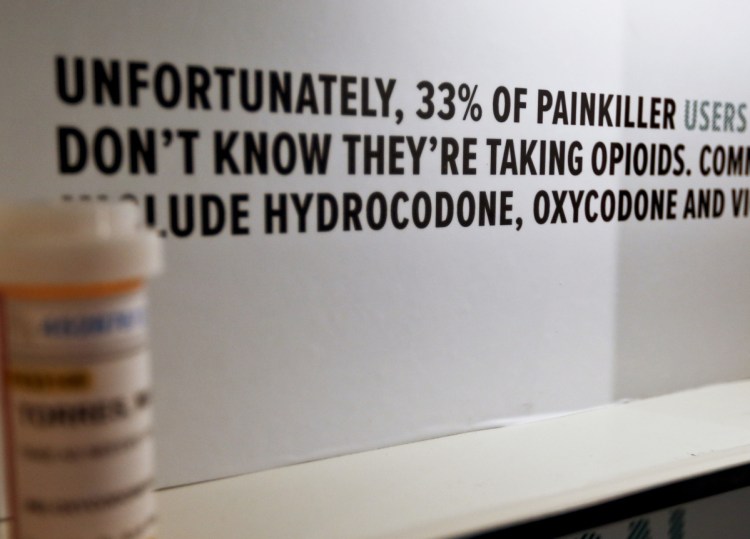WASHINGTON — The House passed consensus legislation, 393-8, Friday intended to help combat the opioid crisis. The legislative compromise was finalized earlier this week, and now heads to the Senate for a final vote.
The two chambers came to an agreement Tuesday, but made additional changes to the bill after the Congressional Budget Office initially estimated that the bill would increase the deficit by $44 million over the next 10 years.
The revised agreement adds two additional offsets to help pay for the bill.
The first offset would tweak pending policy changes made by a bill that the House recently cleared for President Trump’s signature.
That bill, which is meant to promote drug price transparency at the pharmacy counter, also included a provision that would require the makers of expensive biotech drugs and their potential generic competitors to inform the Federal Trade Commission if they have a financial deal that would delay the introduction of a copycat drug.
The revised opioid bill would change the previously cleared drug bill in ways meant to ensure that there are no loopholes for drugmakers to avoid the disclosures to the FTC. The policy could result in savings if it leads to biologic drugs facing competition from cheaper biosimilars more quickly.
The second offset would expand the religious exemption under the 2010 health care law related to the requirement that most Americans get coverage. The offset would broaden the exemption to individuals who forgo medical treatment due to religious reasons. An individual who has not received medical services in the prior year and relies only on a religious method of healing would be eligible.
CBO estimates that this offset would save $32 million over 10 years.
In addition, the revised agreement would make $31 million available from the Medicaid Improvement Fund, which was established to improve the management of the Medicaid program by the Centers for Medicare and Medicaid Services, to help oversee contracts and evaluate demonstration projects.
The bicameral opioid agreement is backed by advocacy and stakeholder groups including the American Society of Addiction Medicine, Advocates for Opioid Recovery, and the U.S. Chamber of Commerce.
The U.S. Chamber applauded Congress’ decision to eliminate an offset that would have billed private insurance before Medicare for patients with end-stage renal disease for 33 months.
Send questions/comments to the editors.



Success. Please wait for the page to reload. If the page does not reload within 5 seconds, please refresh the page.
Enter your email and password to access comments.
Hi, to comment on stories you must . This profile is in addition to your subscription and website login.
Already have a commenting profile? .
Invalid username/password.
Please check your email to confirm and complete your registration.
Only subscribers are eligible to post comments. Please subscribe or login first for digital access. Here’s why.
Use the form below to reset your password. When you've submitted your account email, we will send an email with a reset code.